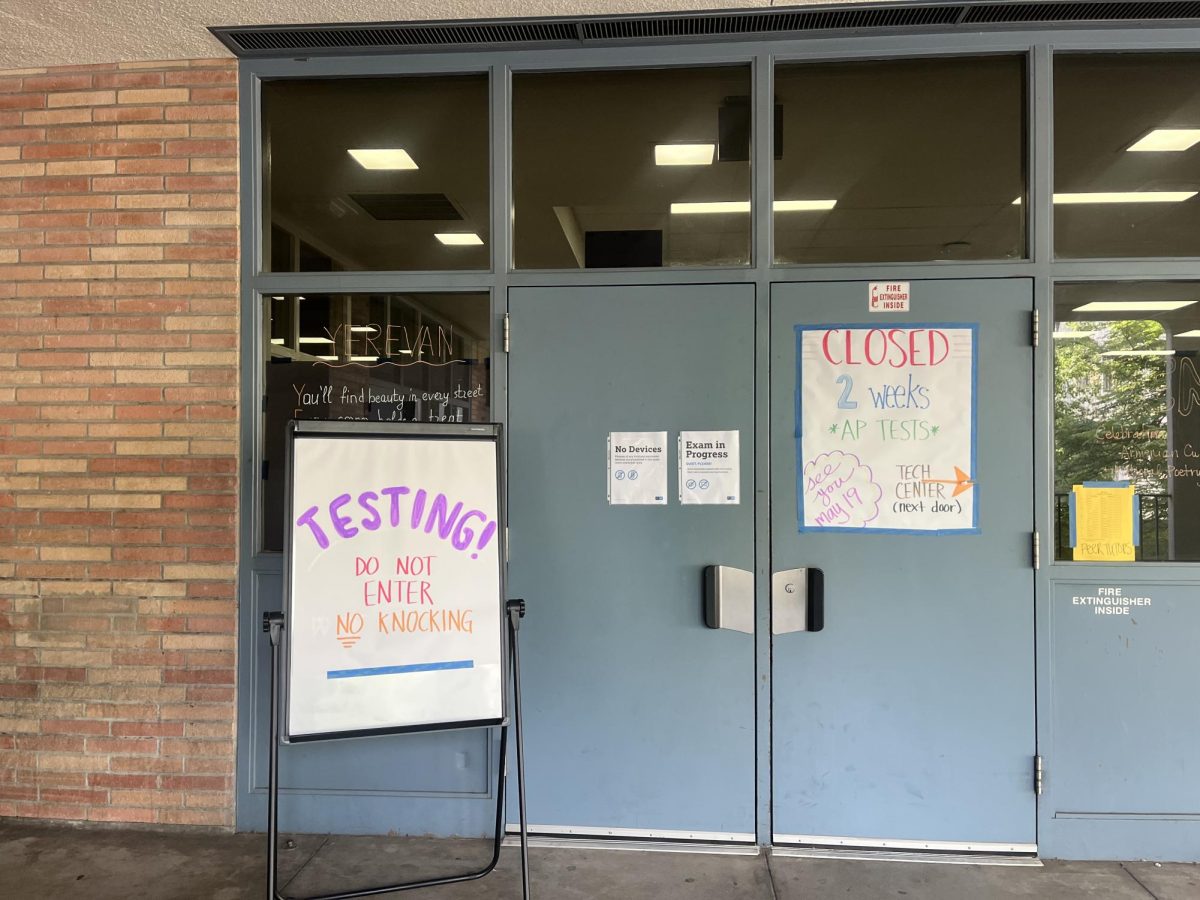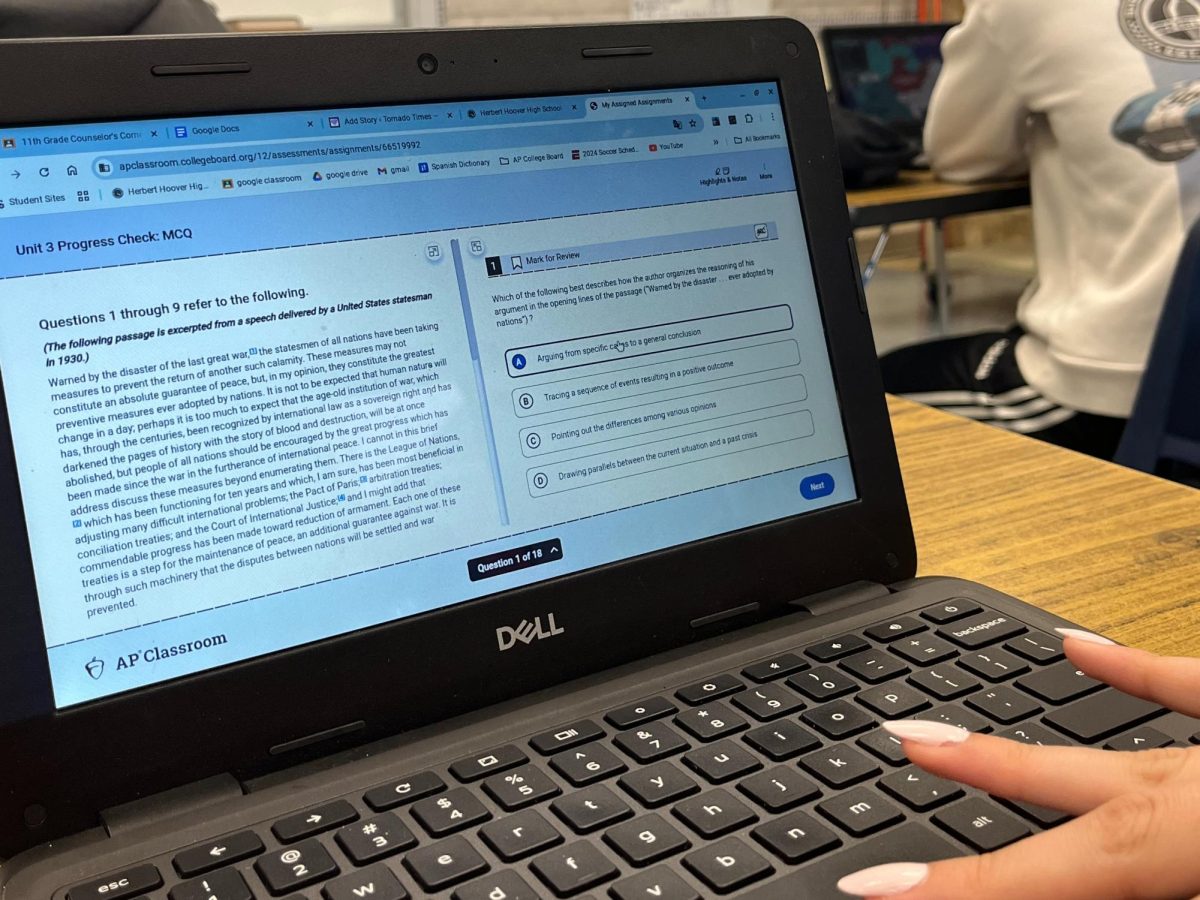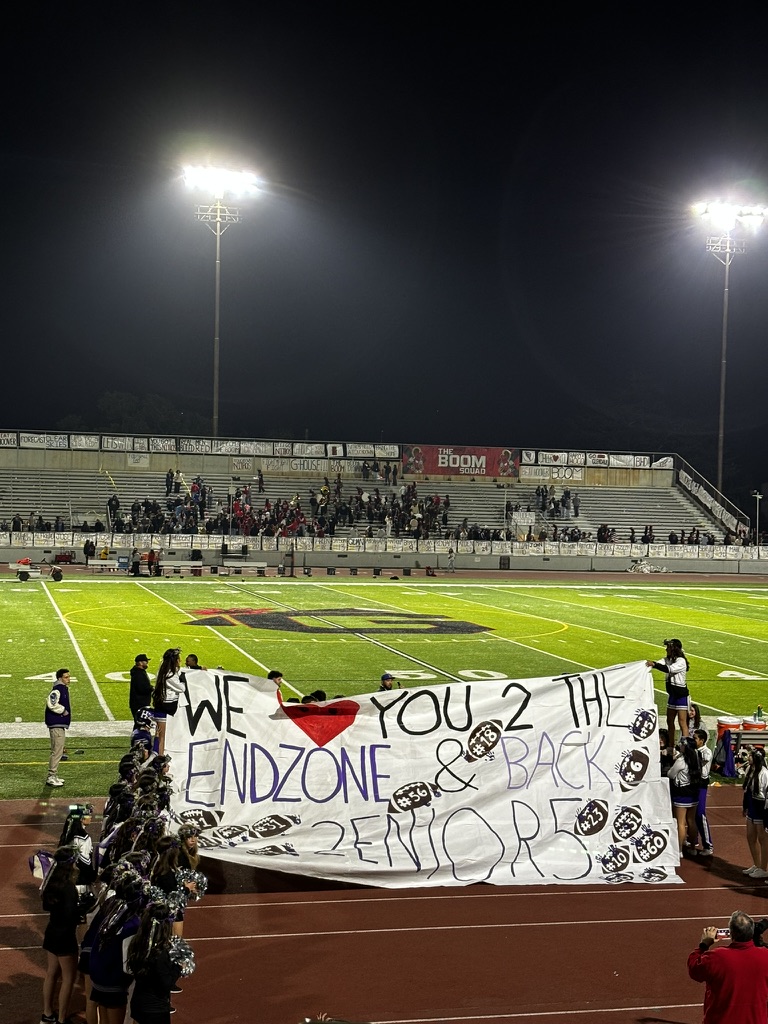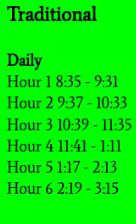We’ve all heard the warnings: social media is rotting our brains, fueling anxiety, and turning us into screen-obsessed zombies. That’s why they call us Gen Z—it’s a joke. It’s easy to point fingers at the apps and the endless scroll. But what if the issue isn’t with the technology but how we and others use it?
Let’s be real: social media absolutely has its downsides. The curated highlight reels can breed comparison and insecurity. Cyberbullying can leave deep scars. The constant notifications can significantly distract from homework, sleep, and human connection.
A study, The FOMO Is Real, has even linked excessive use of social media to increased feelings of loneliness and depression for some individuals. These are valid concerns, and we shouldn’t dismiss them.
11th-grader, Sirusho Navasardyan, said, “I believe that everyone has their own free will, and I do believe that social media has a big part and fault. However, I do think viewers are a big part of the problem and give in to the system.”
However, portraying social media as purely evil overlooks its undeniable benefits. It connects us with friends and family across distances. It enables us to discover new interests, join communities centered around shared passions, and acquire new skills.
Social media can also be a powerful tool for activism, raising awareness about important issues and mobilizing support for causes we believe in. It provides artists, writers, and entrepreneurs with a platform to showcase their work and build an audience.
So, if social media has pros and cons, why is there constant negativity? The answer lies with us – the users who oversee our digital lives.
Think about your social media habits. Are you thoughtlessly scrolling for hours, absorbing every perfectly filtered image and provocative comment? Or are you being intentional about how you use these platforms?
“Young people should not have unfettered access to social media because there is a lot of inappropriate material,” said AP Psychology teacher Anthony Peterson.
So what can we do?
You choose who you spend time with in real life and control who you follow online, so a start would be unfollowing accounts that make you feel negative and seek out content that inspires, educates, or genuinely entertains you.
You can also set time limits for your social media use. Recognize when you’re using it as an avoidance mechanism or what’s impacting your mood. Put your phone away during meals, study time, and when trying to connect with people face-to-face. Remember that there’s a real person behind every profile. Be kind and respectful, and think before you post.
Parents and guardians also play a crucial role in shaping our relationship with social media. Banning it outright might not be the most effective solution. Instead, open communication and guidance are key. Please discuss the potential snags and benefits of social media with us.
“People are always going to seek attention, and social media gives that attention, which I think can be part of the problem with how teens use it,” said Erik Ghokasian Khoygani, a senior at Hoover. “Teenagers use it as an escape because they feel that they don’t have a support system, and most of the time it’s because of the adults around them.”
Please help us understand online privacy, digital footprints, and the difference between online personas and reality. Please work with us to establish reasonable time limits and screen-free zones. Model healthy tech habits yourselves.
Help us develop the skills to evaluate online information, identify misinformation, and understand the persuasive techniques used in online content.
Create an environment where we feel comfortable talking about our online experiences, both positive and negative. Be there to listen and offer support if we encounter cyberbullying or other online challenges. Social media is a powerful tool; like any tool, it can be used for good or ill.
The technology itself is neutral. How we, as individuals and as a society, choose to wield it determines its impact.
Instead of demonizing the platforms, focus on cultivating responsible digital citizenship, fostering open communication, and empowering ourselves and the younger generation to navigate the online world healthily. The reflection staring back at us from our screen isn’t the problem; it’s us, and we can change the narrative.






